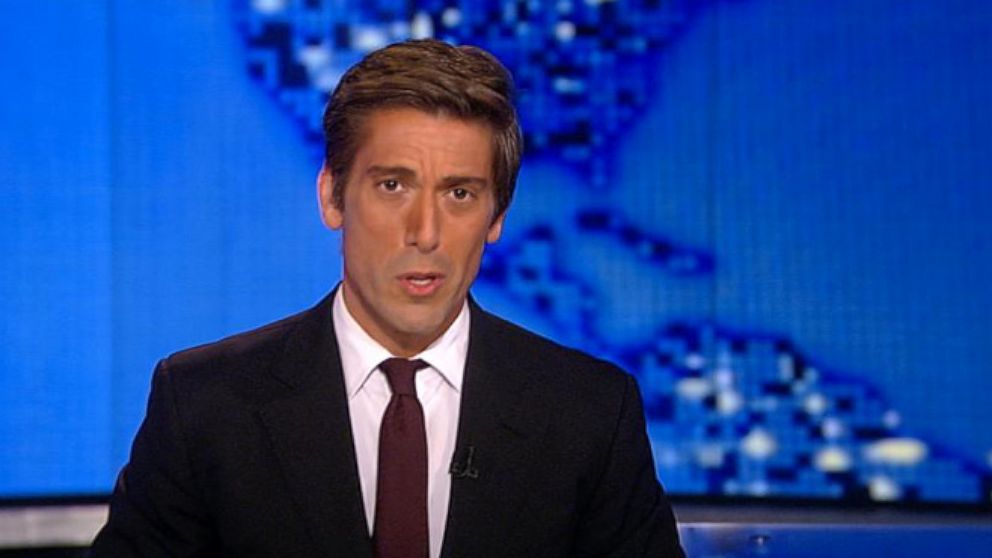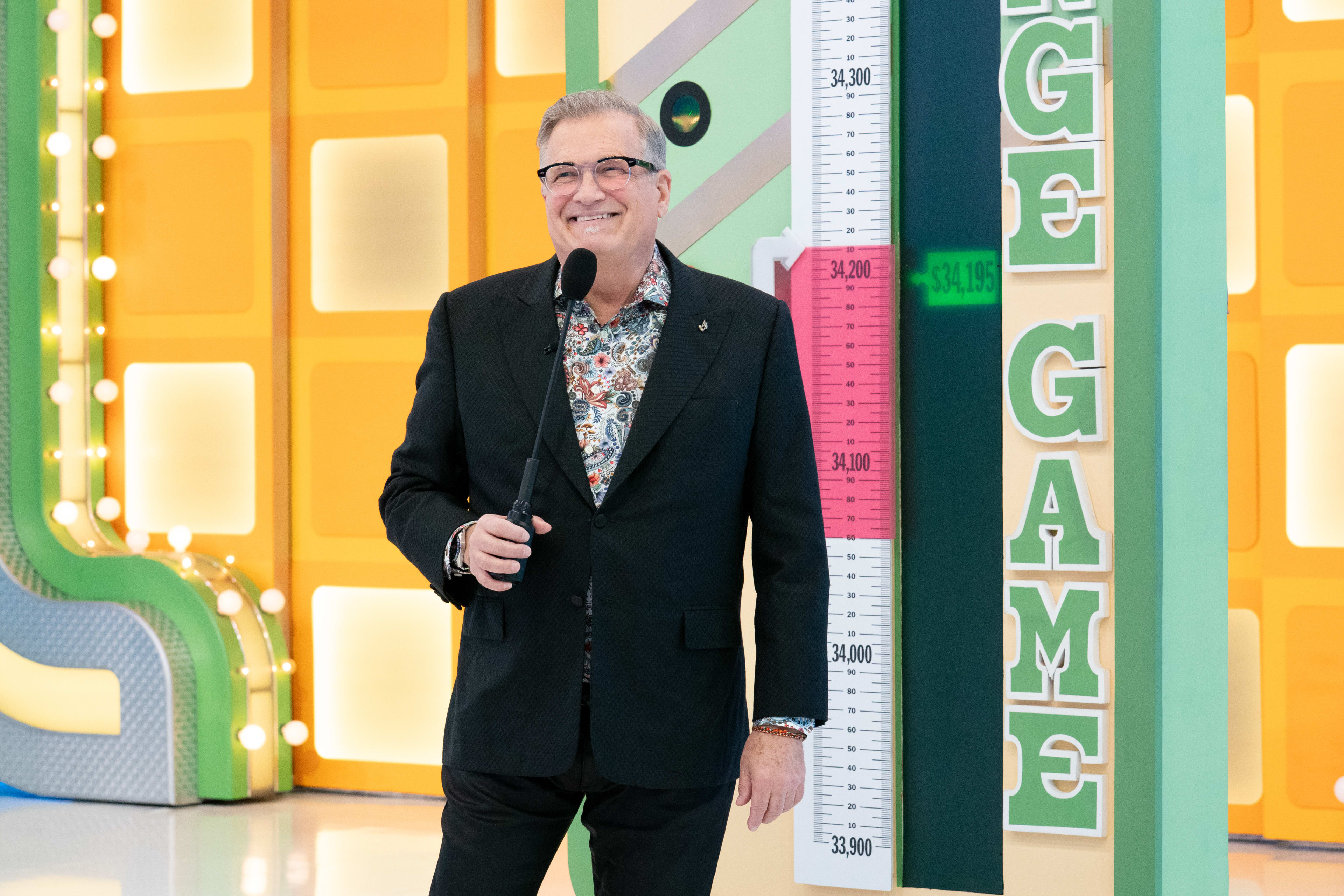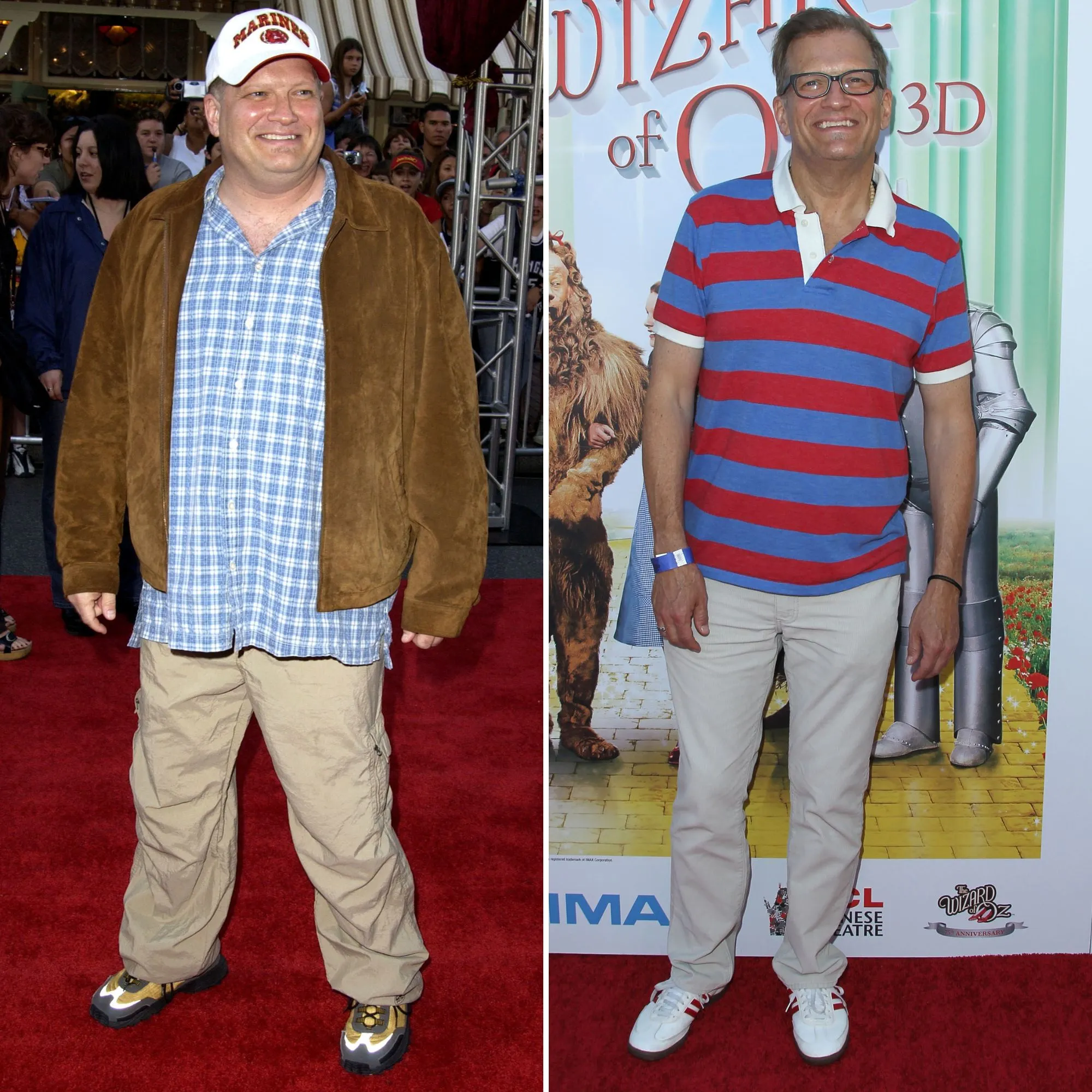David Muir Files $50M Suit After Live Ambush by Karoline Leavitt
“You Think I’m Done? Think Again!” — David Muir Files $50M Suit After Live Ambush by Karoline Leavitt
In what was supposed to be a routine ABC special interview, veteran broadcast journalist
David Muir found himself on the receiving end of a high-stakes television ambush by none other than Karoline Leavitt—and it’s blown into a fullblown legal battle. According to court documents, Muir has slapped Leavitt (and ABC) with a

A Live Television Clash That Stunned Viewers
The tension exploded
Witnesses say the on-air exchange became an instant viral moment, with pundits and social media users dissecting every glance, every inflection, every syllable. Rather than a firm, controlled interview, it turned into an arena. Muir, usually calm and composed in public, was visibly shaken.
Within days, according to the complaint, Muir’s team had filed formal notices of defamation. The lawsuit accuses Leavitt of orchestrating the ambush, not as a spontaneous act, but as a
pre-planned political maneuver intended to inflict maximum reputational harm.
The $50 Million Lawsuit: Claims, Counterclaims, and Strategy
In the suit — filed in a high-stakes court — Muir demands
$50 million in damages, alleging that Leavitt’s attack crossed from journalism into personal defamation. He asserts:
Her statements were not fair questions or reasonable critique, but hostile, false, and malicious attacks.
The timing, the tone, and the public setting all suggest premeditation, not legitimate journalistic inquiry.
The broadcast network (ABC) is also named, accused of enabling or failing to moderate the confrontation.

Muir’s attorneys argue that the ambush has endangered his career, credibility, and future assignments. They claim he’s been forced into a defensive posture, text messages and emails show his team scrambling to counter the narrative, and that the reputational damage is already deep.
Leavitt, for her part, has not remained silent. Within hours of the filing, her spokesperson issued a statement denying any wrongdoing, characterizing the lawsuit as an overreaction and an attempt to intimidate critics. Sources close to her suggest she plans to mount a vigorous defense — possibly claiming
journalistic privilege, fair comment, or that her statements were in good faith expressions of opinion rather than factual claims.
ABC has released a brief holding statement, asserting that the network stands by its editorial standards and will “vigorously defend against meritless claims.” But insiders say the network is scrambling behind the scenes, weighing reputational risk, legal exposure, and public backlash.
Stakes, Implications, and the Battle for Narrative Control
This lawsuit is far more than a personal grudge match — it has major implications:
Media & Press Freedom
If Muir prevails, it may chill hard-hitting interviews across network journalism. Anchors and reporters may feel pressured to avoid sharp, confrontational lines of questioning out of fear of legal reprisal. Conversely, if the court rejects the suit and upholds Leavitt’s approach, it could embolden more aggressive, ambush journalism.
Political Weaponization
The complaint lays out a scenario in which political operatives deploy high-profile media confrontations as blunt instruments to inflict reputational damage. Some analysts see it as a test case: TV interviews as modern political weapons.
Credibility & Public Opinion
Public perception matters. Muir is a seasoned, trusted figure in news. If Leavitt’s version gains traction—particularly among partisan viewers—the reputational fallout could outlast any legal verdict.
Legal Precedents
Defamation lawsuits involving media personalities are notoriously difficult. Plaintiffs must generally prove actual malice (i.e. that the defendant knew the statements were false, or acted with reckless disregard). Muir’s legal team will face a high bar. If he prevails, though, it could reshape how defamation law applies to live broadcasts and political commentary.
What to Watch Going Forward
Court Filings & Discoveries
Depositions, internal memos, and pre-interview planning documents could be explosive. Leavitt’s communications, preparatory notes, and editorial direction from ABC may be subpoenaed.
Media Response
How mainstream outlets, political commentators, and journalistic associations position themselves might influence public sentiment and possibly sway the court of public opinion.
Settlement vs. Full Trial
Given the headline risk and legal costs, there’s a strong possibility of settlement — though with $50 million on the table, both sides may dig in.
Broadcast Replays & Clips
Every sound bite, video clip, transcript, and social media echo could become evidence or ammunition in court.
Public Reactions and Opinion Polls
As the case makes headlines, public perceptions of both Muir and Leavitt may fluctuate wildly. Polls could reveal shifts in trust for major news outlets or media figures.
Conclusion
What began as what many assumed would be a standard sit-down interview has evolved into a high-stakes courtroom drama. David Muir has framed the encounter as a hostile, premeditated character assassination, seeking massive damages. Karoline Leavitt, for her part, rejects that framing and appears prepared to defend aggressively.
In the weeks and months ahead, the legal filings, media coverage, and public reaction will determine whether this becomes a landmark case on defamation, journalism, and political showdowns—or another media spectacle that fades with the next headline.
After years of keeping his struggles private, Drew Carey has finally broken his silence — and what he revealed has left fans in tears.

Behind the laughter and bright lights of The Price Is Right was a man quietly battling pain no one ever saw. His heartfelt confession about his illness and the fight he faced off-camera is a story of strength, resilience, and the human spirit that refuses to give up.
After years of keeping his struggles private, Drew Carey has finally broken his silence — and what he revealed has left fans in tears. Behind the laughter and bright lights of The Price Is Right was a man quietly battling pain no one ever saw. His heartfelt confession about his illness and the fight he faced off-camera is a story of strength, resilience, and the human spirit that refuses to give up.
Drew Carey Explains How He Lost 80 Pounds and Beat Diabetes
He reversed diabetes and ditched medication after lifestyle overhaul.

The Price Is Right host reveals how cutting carbs, running, and cardio workouts helped him shed 80 pounds and reverse type 2 diabetes.
Drew Carey hit his breaking point. After years of junk food, soda binges, and little movement, the Price Is Right host was diagnosed with type 2 diabetes and already living with heart disease. His doctor warned that without major changes, his future would be cut short.
That wake-up call sparked a dramatic turnaround. In 2010, Carey dropped 80 pounds, reversed his diabetes, and has kept most of the weight off for more than a decade. “I feel like I’m in my 20s again,” he told
Carey revealed that during his first year as host of The Price Is Right, his diet spiraled. “I would go out to a diner after filming and order pasta, a cupcake, and iced tea with a bunch of lemons,” he told
The breaking point came when his doctor diagnosed him with type 2 diabetes. “It was miserable to live like that,” Carey said, adding that his doctor warned his future could be “shorter” if he didn’t overhaul his habits. He was already battling heart disease—he had an angioplasty and stent placed in 2001, according to Parade.
How Drew Carey Dropped the Weight
Carey lost 80 pounds in 2010, shrinking from 262 to 182 pounds. “Once I started dropping a couple pant sizes, then it was easy,” he told PEOPLE. His regimen: cutting out carbs, focusing on lean proteins, and doing “lots of cardio.” He later embraced running, telling Runner’s World that training for a 10K gave him the motivation to stay consistent.
The comedian has kept most of the weight off for more than a decade. He’s even joked to PEOPLE that he’s lost “1,000 pounds” over his lifetime—but the real victory was reversing his diabetes and ditching medication.

How to Upgrade Your Nutrition if You’re Pre-Diabetic
Carey swears by avoiding carbs altogether. But nutrition experts note balance matters. The Mayo Clinic emphasizes that whole grains, fruits, and vegetables are critical for energy—especially for the brain.
If you’re pre-diabetic, small changes can make a big impact:
Cut added sugars: Swap soda for sparkling water or unsweetened tea.
Load up on fiber: Beans, lentils, and leafy greens help regulate blood sugar.
Choose lean protein: Chicken, fish, or plant-based proteins support muscle and satiety.
Move more: Pair nutrition with at least 150 minutes of weekly exercise, per CDC guidelines.
As Carey put it: “It’s better being like this. It’s so freeing.”




